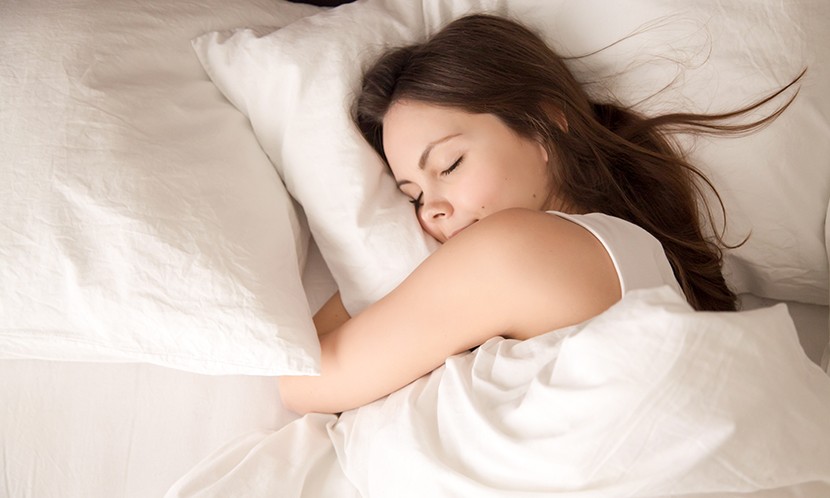Tips for Adults to Improve Sleep Quality

Achieving quality sleep is fundamental to overall health and well-being for adults. It rejuvenates the body, sharpens cognitive function, and bolsters emotional stability. Yet, in today's fast-paced world, many adults struggle with insomnia, restless nights, or simply feeling unrefreshed upon waking. Improving sleep quality doesn't necessarily require drastic changes; often, small adjustments in habits and lifestyle can yield significant improvements. Here are some practical tips for adults seeking to enhance their sleep experience.
**1. Maintain a Consistent Sleep Schedule
Our bodies thrive on routine. Going to bed and waking up at the same time every day, even on weekends, helps regulate your internal clock. This consistency reinforces your body's sleep-wake cycle, making it easier to fall asleep and wake up naturally.
**2. Create a Relaxing Bedtime Routine
Engage in calming activities before bedtime to signal to your brain that it's time to wind down. This could include reading a book, taking a warm bath, practicing gentle yoga, or meditating. Avoid stimulating activities like intense workouts, consuming caffeine or nicotine, or engaging in stressful conversations close to bedtime.
**3. Optimize Your Sleep Environment
Your bedroom should be a sanctuary for sleep. Ensure it's cool, dark, and quiet. Consider using blackout curtains, earplugs, or a white noise machine to minimize disruptions. A comfortable mattress and pillows that support your sleeping style are also crucial.
**4. Limit Exposure to Screens Before Bed
The blue light emitted by smartphones, tablets, computers, and TVs can interfere with the production of melatonin, the hormone that regulates sleep. Try to avoid screens at least an hour before bedtime. Use blue light filters on your devices if necessary, and consider reading a physical book or listening to calming music instead.
**5. Mind Your Diet
What you eat and drink can significantly impact your sleep quality. Avoid heavy meals, caffeine, and alcohol close to bedtime. Caffeine can stimulate your nervous system, while alcohol may help you fall asleep initially but can disrupt your sleep later in the night. Opt for light snacks if you're hungry, such as a banana or a small bowl of oatmeal, which contain tryptophan, a precursor to serotonin, a sleep-promoting neurotransmitter.
**6. Stay Active During the Day
Regular physical activity can help you fall asleep faster and enjoy deeper sleep. However, avoid vigorous workouts close to bedtime, as they may energize you instead of relaxing you. Aim for at least 30 minutes of moderate exercise, such as walking, cycling, or swimming, most days of the week.
**7. Manage Stress and Anxiety
Stress and anxiety are common sleep disruptors. Develop stress-management techniques such as deep breathing exercises, progressive muscle relaxation, journaling, or talking to a therapist. Practice mindfulness and gratitude to cultivate a more positive mindset before bedtime.
**8. Limit Naps
While napping can be beneficial if you're genuinely tired, long or irregular naps during the day can interfere with your nighttime sleep schedule. If you must nap, limit it to 20-30 minutes and do so early in the afternoon.
**9. Consider Natural Sleep Remedies
Some natural remedies, like chamomile tea, melatonin supplements, or aromatherapy with lavender oil, may help promote relaxation and sleepiness. However, consult your healthcare provider before starting any new supplement, especially if you have underlying health conditions or take medications.
**10. Seek Professional Help if Needed
If you've tried these tips and still struggle with sleep, it may be time to consult a healthcare professional. Conditions like sleep apnea, restless leg syndrome, or chronic insomnia require medical diagnosis and treatment.
In summary, improving sleep quality involves a combination of lifestyle adjustments, habit changes, and sometimes professional intervention. By prioritizing sleep and making these small yet impactful changes, adults can enjoy more restful nights and more vibrant, productive days.
